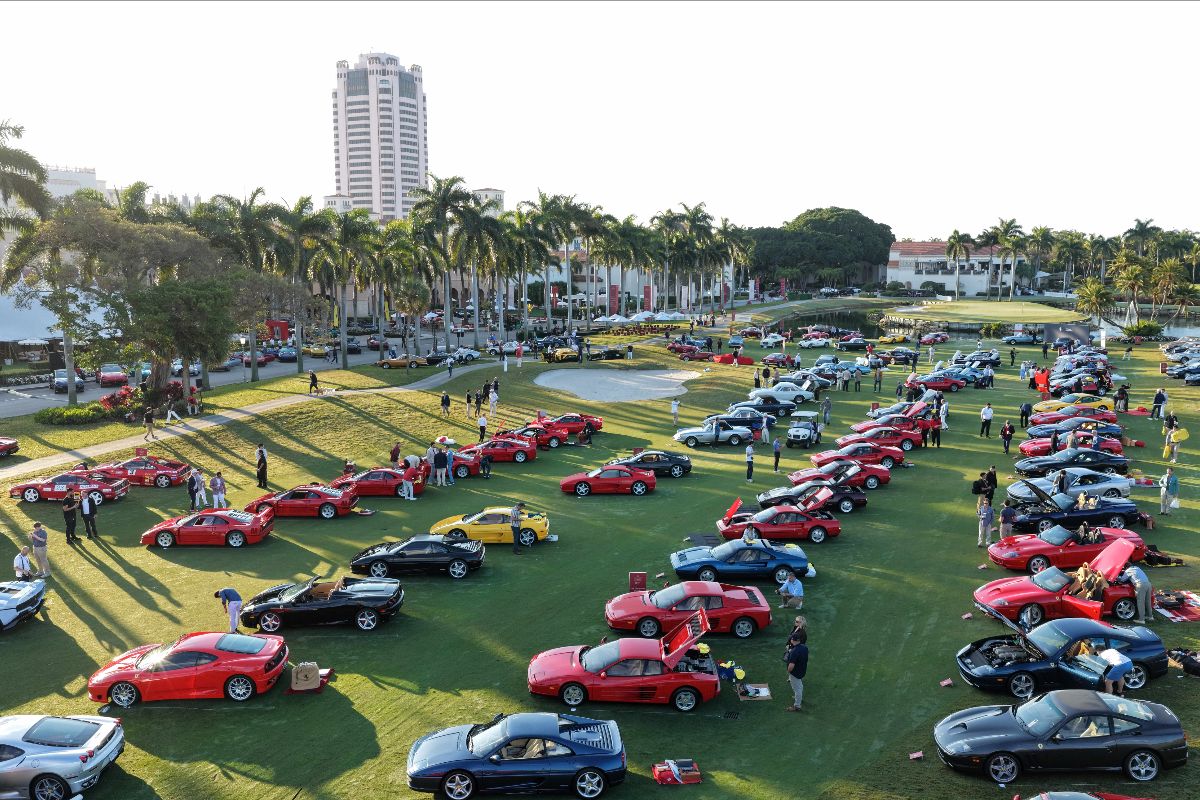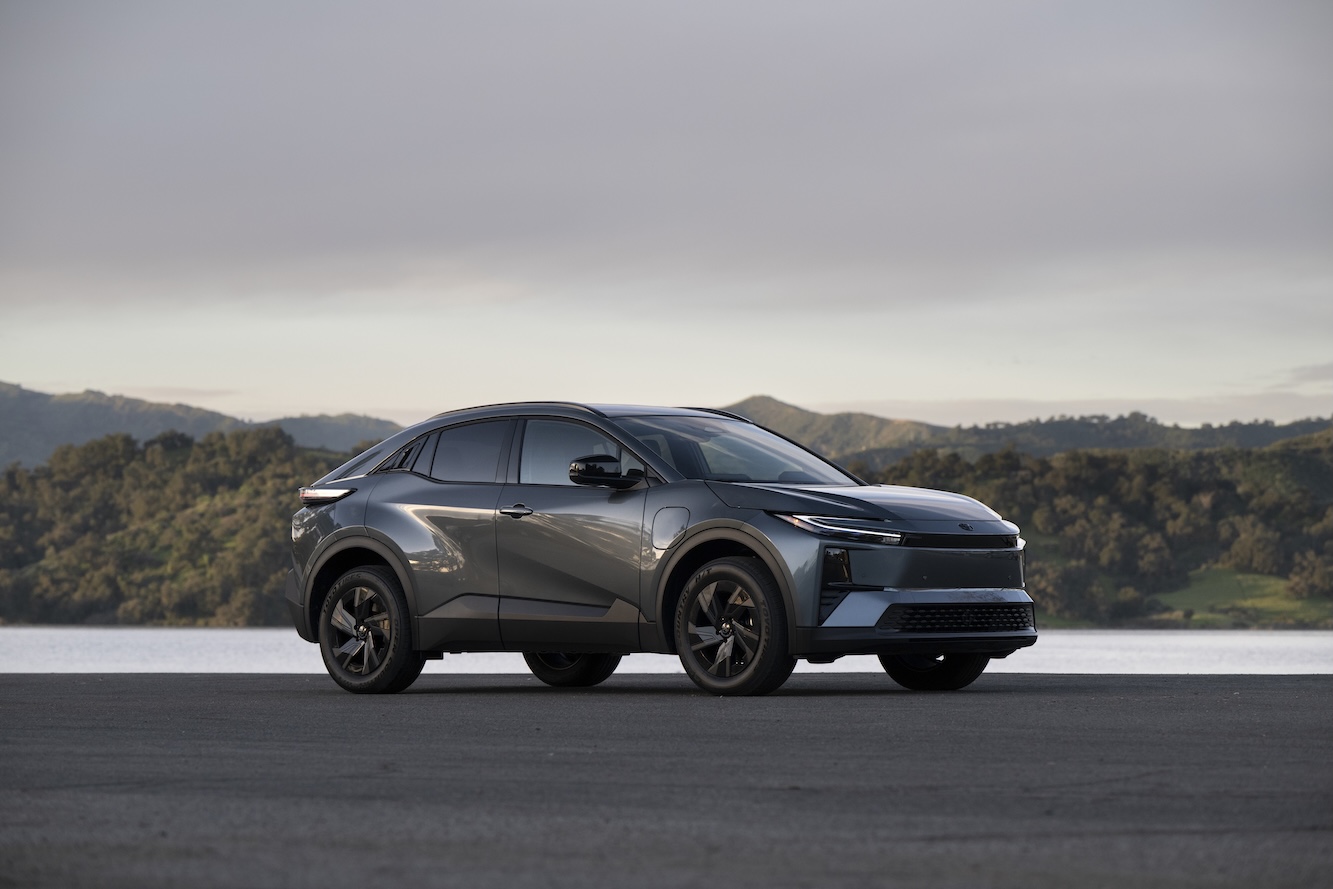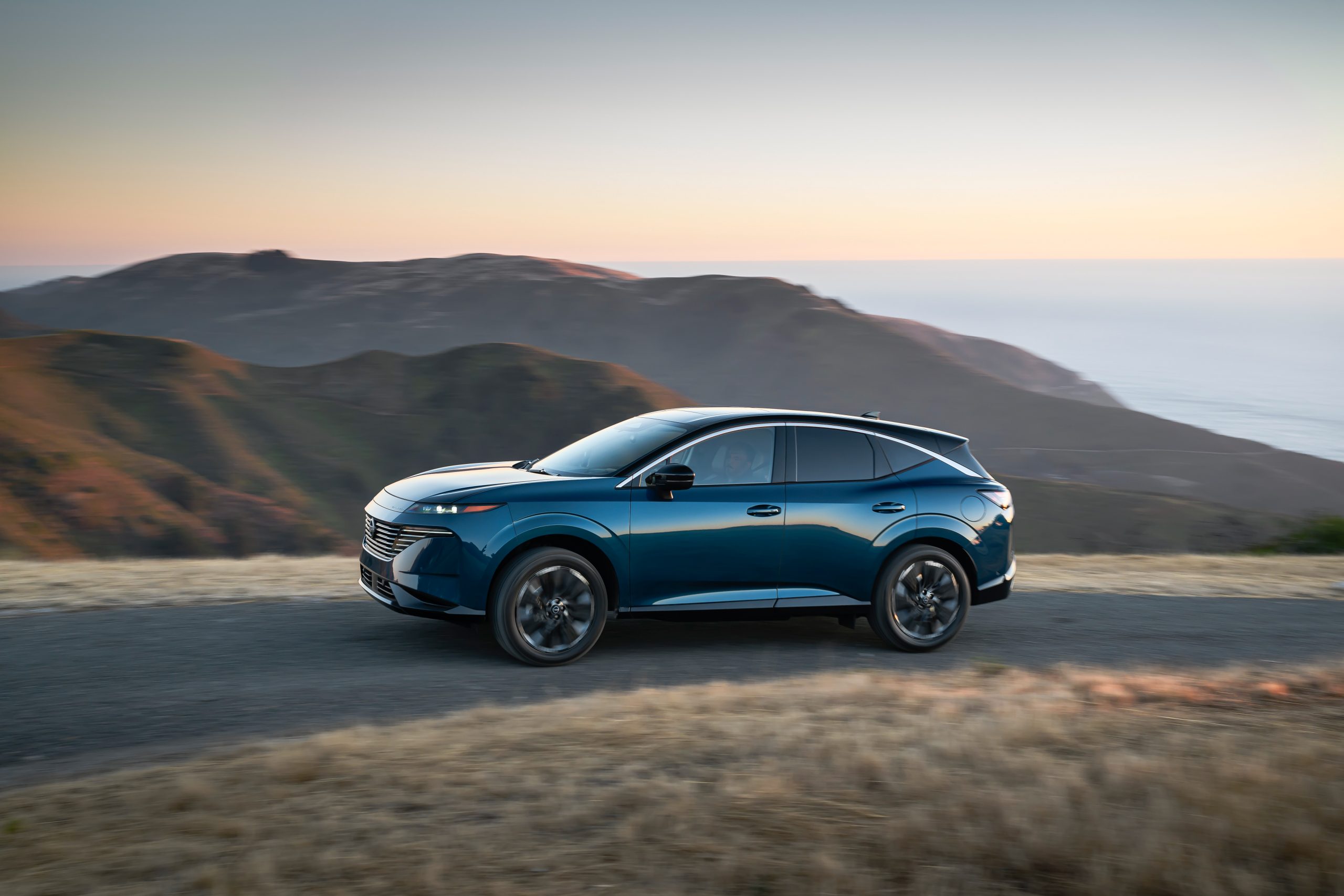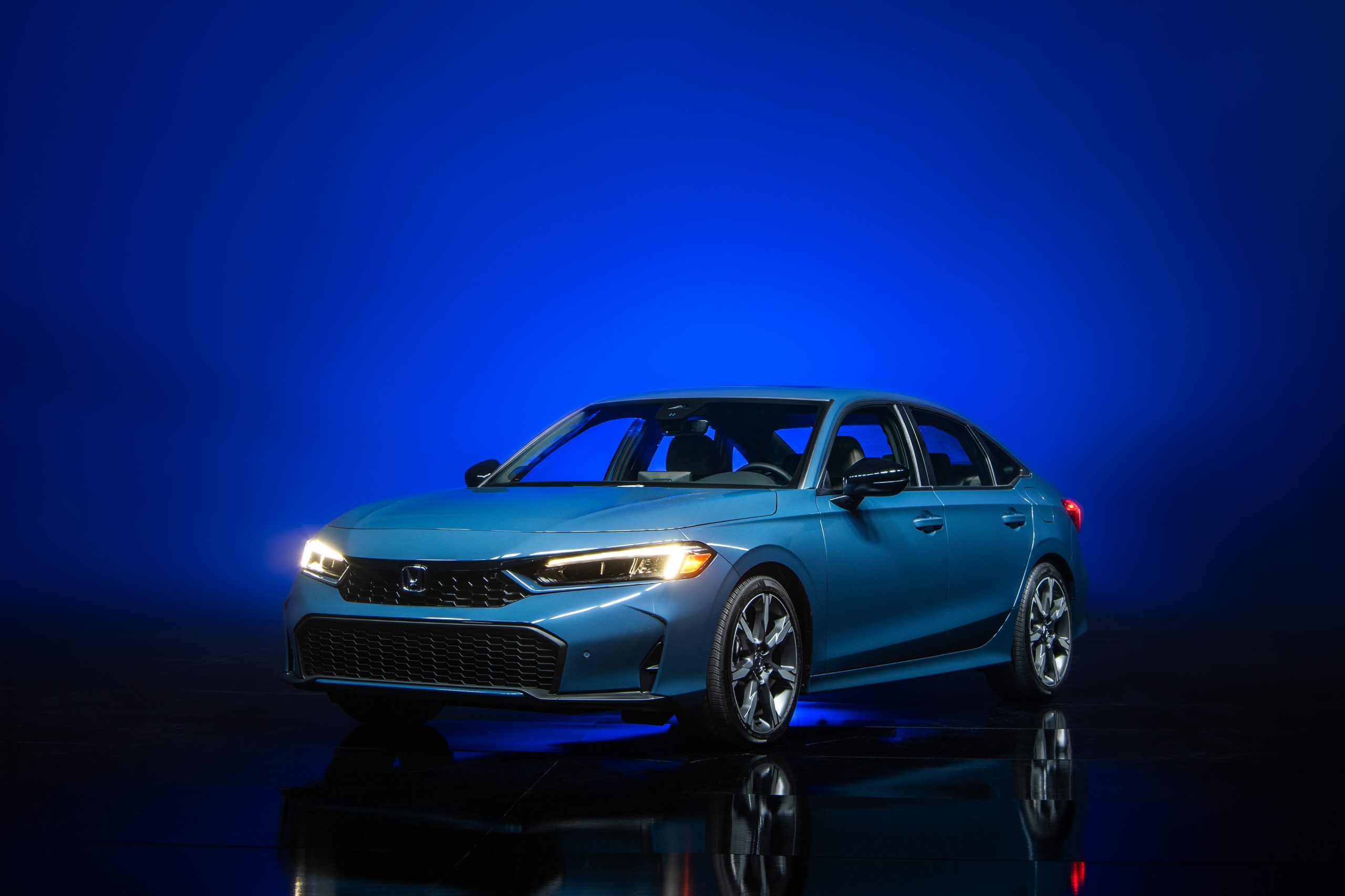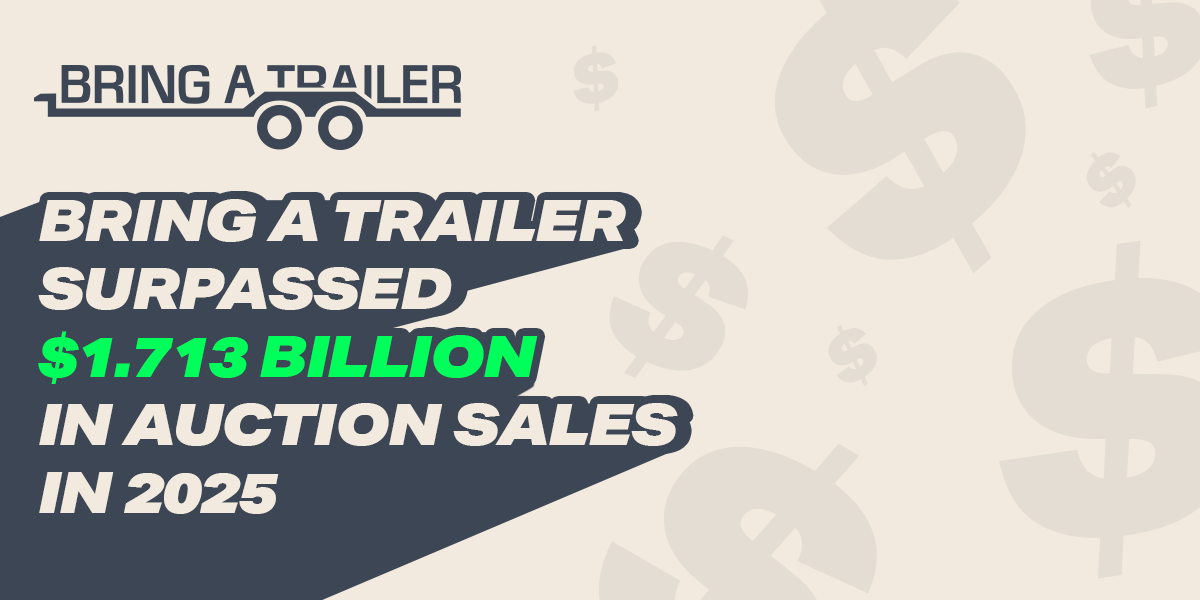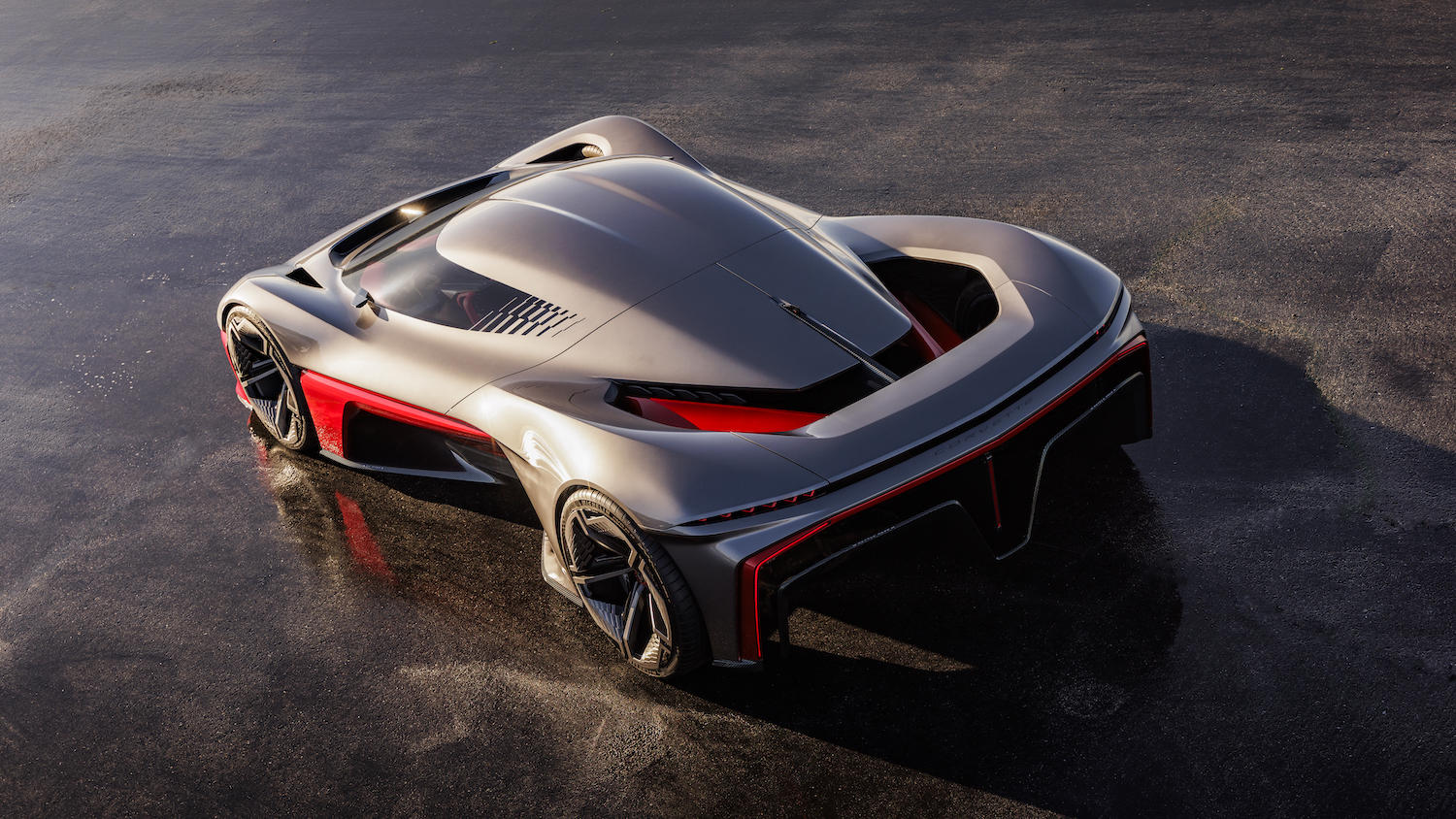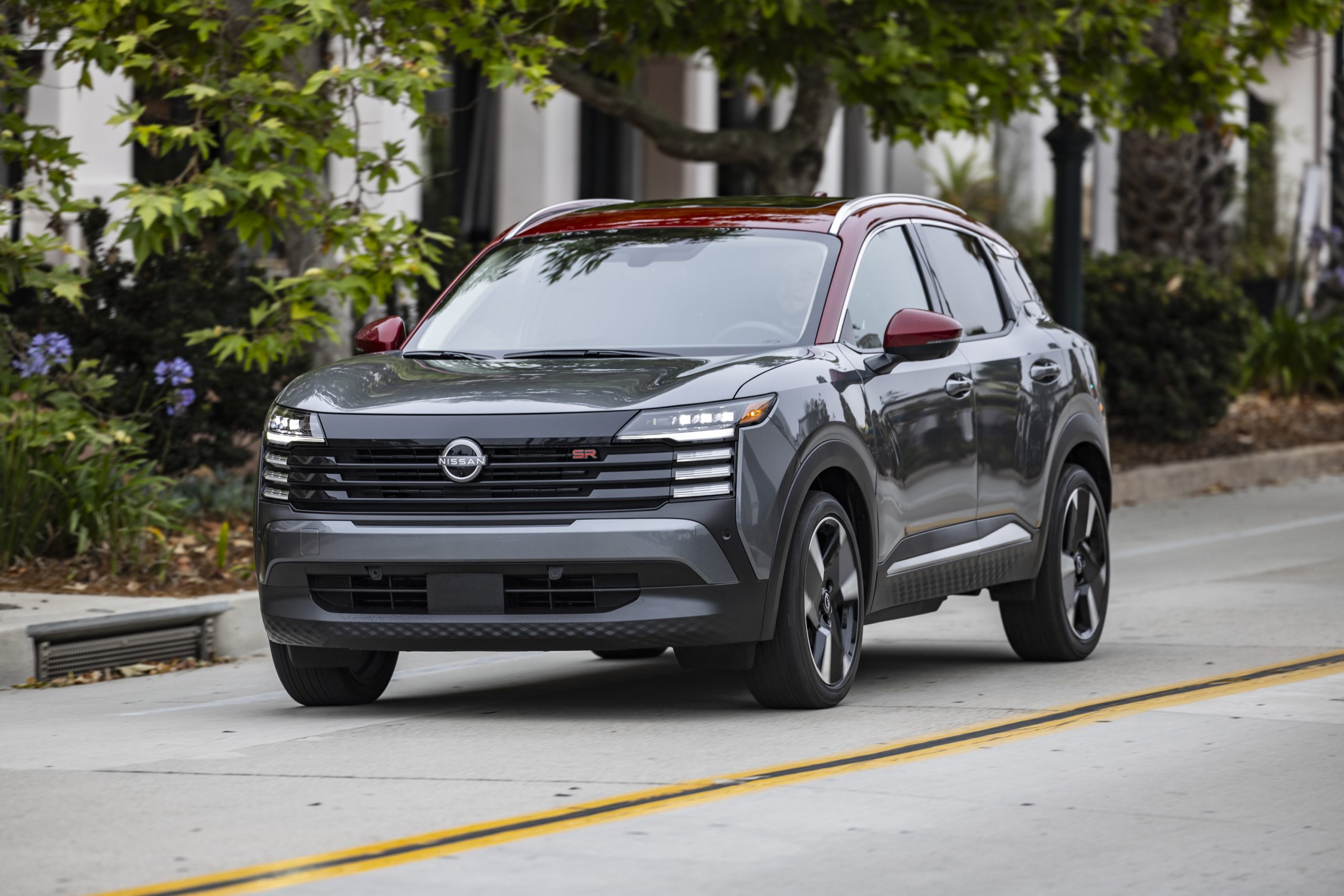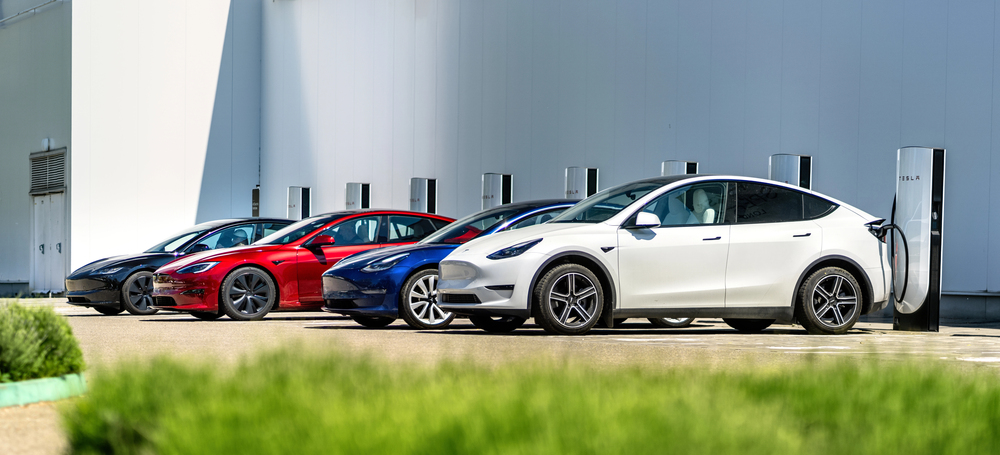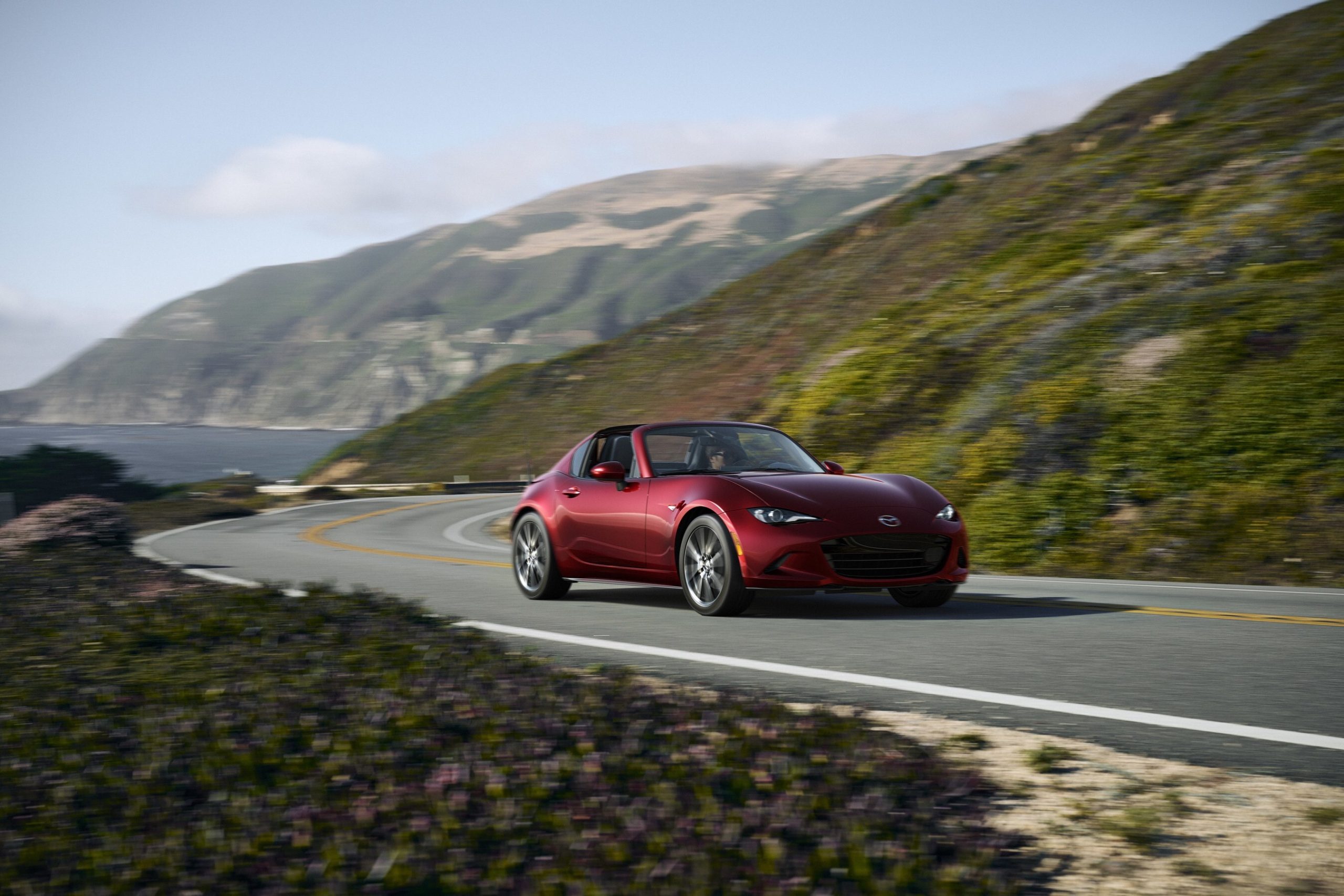Federal EV Tax Credits At Risk Under New Proposal
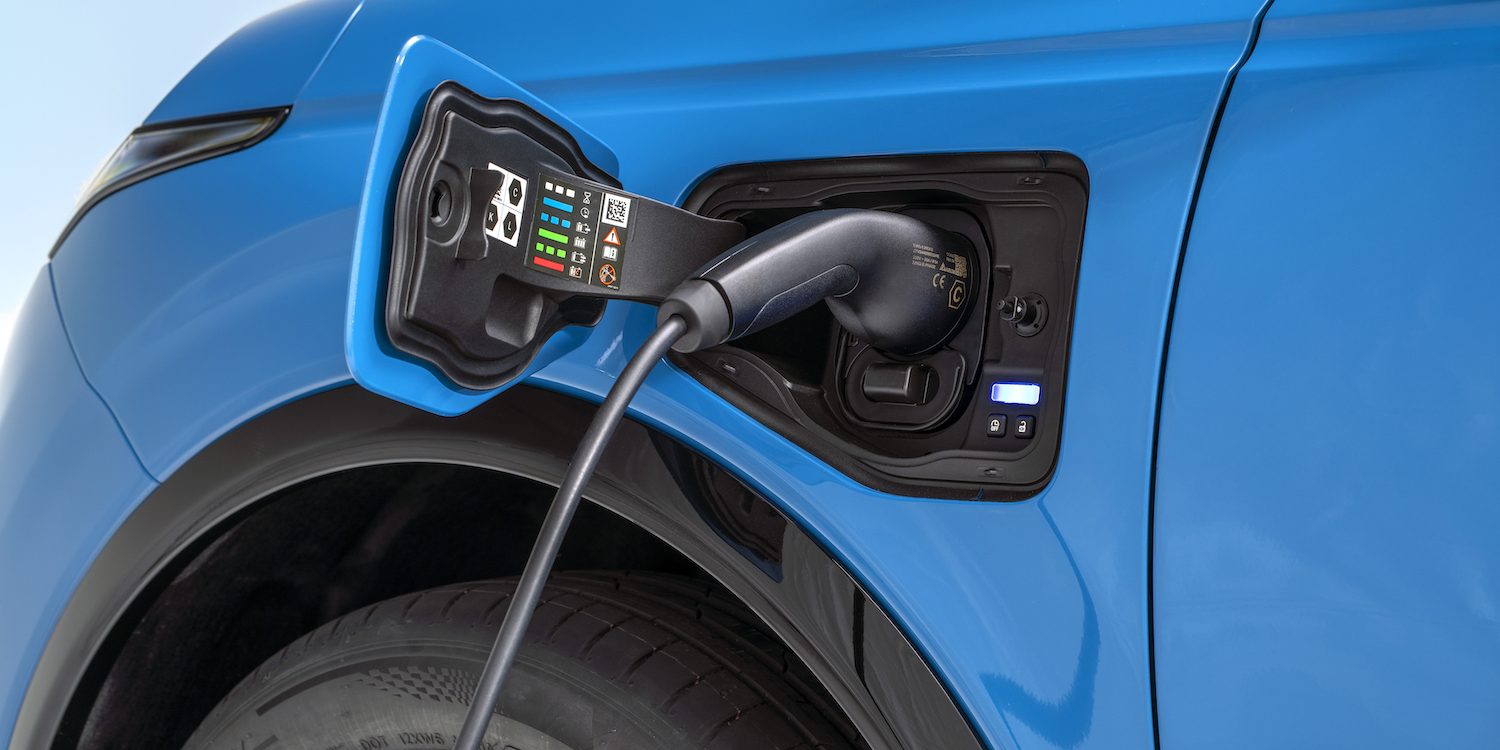
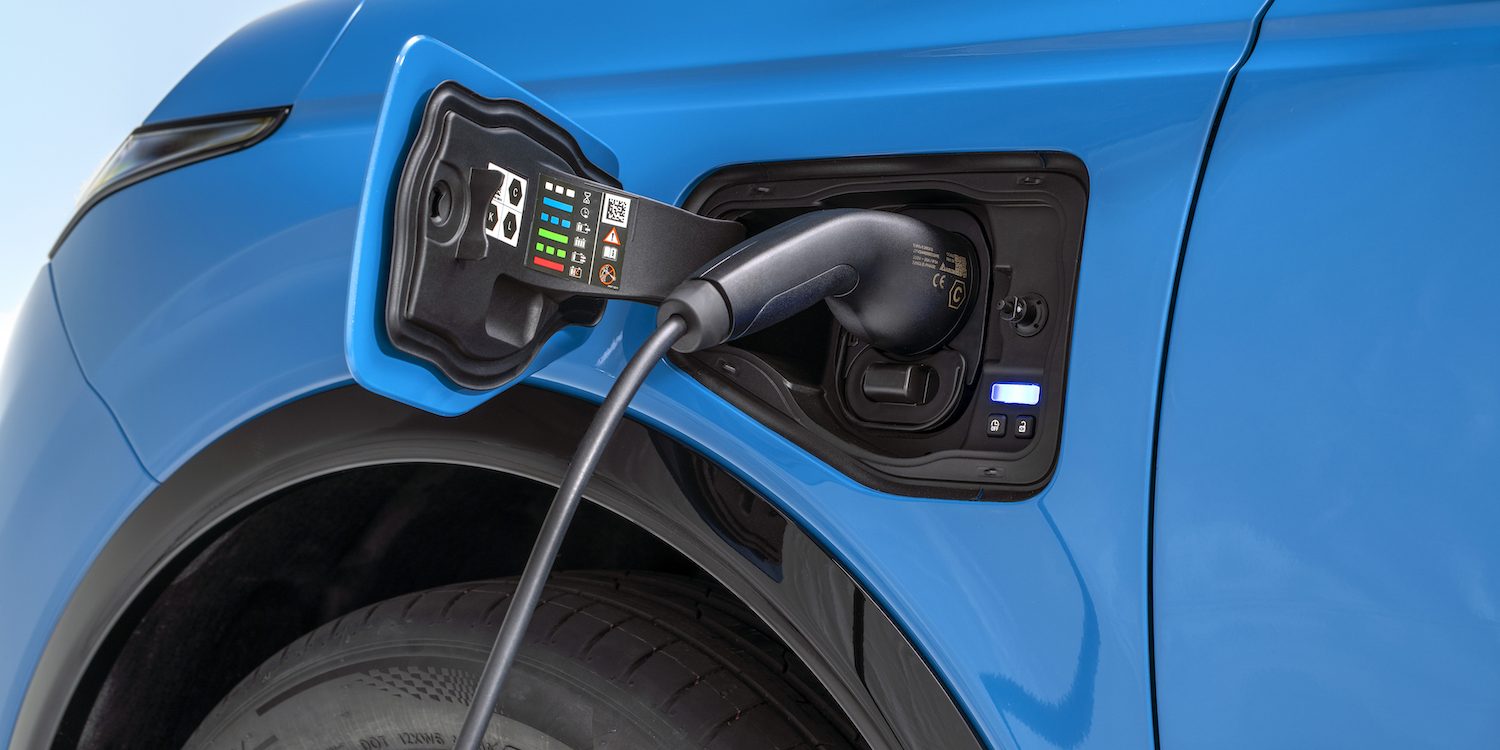
- Proposed Senate bill could end federal EV tax credits by mid‑2025
- California plans new state-level rebates if federal aid ends
- Several local incentives remain active for EV buyers in California
Federal electric vehicle tax credits could be eliminated as early as mid-2025 under new legislation proposed by Senate Republicans. The bill seeks to end the $7,500 new EV tax credit within 180 days of passage and the $4,000 credit for used EVs within 90 days.
If passed, the measure would mark a significant policy reversal, potentially disrupting the EV market and leading some automakers to slow or scale back their electrification plans.
In response, California officials have stated their intention to introduce new state-level rebate programs to help offset the impact of lost federal support. Governor Gavin Newsom confirmed in November 2024 that the state would propose restoring EV rebates, possibly funded through California’s cap-and-trade program.
These future rebates are expected to focus on low-income consumers and vehicles with lower market share, which could mean exclusions for high-volume brands like Tesla in an effort to boost broader competition.
Despite the phase-out of the statewide Clean Vehicle Rebate Project (CVRP), several assistance programs remain available to California residents:
- Clean Cars 4 All (CC4A) & Driving Clean Assistance Program (DCAP)
- Up to $12,000 in support for EV purchase or lease
- Additional $2,000 available for home charger installation
- Aimed at low- to moderate-income households
- Available for both new and used EVs
- Utility Rebates
- PG&E, Southern California Edison, and other providers offer:
- $1,000 for all eligible used EV buyers
- Up to $4,000 for income-qualified applicants
- PG&E, Southern California Edison, and other providers offer:
- Home Charging Incentives
- Rebates for Level 2 charging equipment and installation
- Offered through various utilities and clean energy programs
While the future of federal incentives remains uncertain, automakers continue investing in EV development and infrastructure. Discussions are ongoing at multiple levels of government, and further clarity is expected in the coming months.
If you enjoyed this article, be sure to follow us on Microsoft Start.

